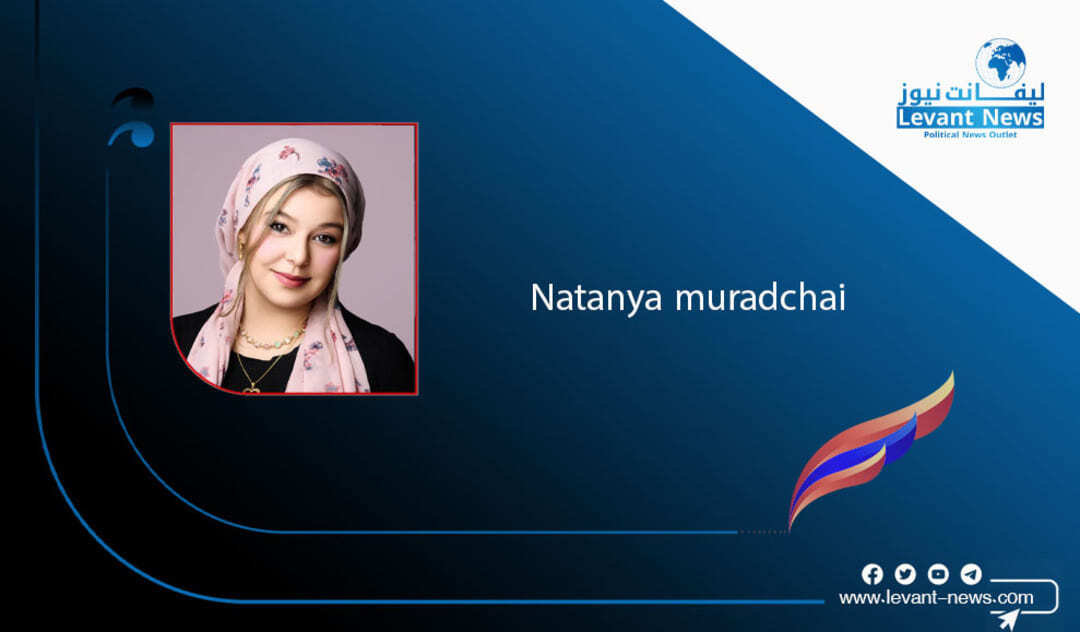-
The Man Sent by Al-Jolani to Israel, the Disappearance of Security Official Abu Al-Harith, the Relationship Between Muqaddad Fattihah and Anas Khattab, and the Escalating Turkish-Israeli Tensions

Despite Ahmad Al-Shar’a, head of the transitional phase and the shadow figure behind the new regime, sending his envoy to Israel via Quneitra in a military Hummer to reassure the Israelis that his government poses no threat to their national security and is willing to cooperate in securing Israel’s borders — it became clear that Israel was not convinced by the words of the top man. As a result, Al-Shar’a sent another envoy, this time through Daraa, but Israel denied him entry. That was Israel’s clear answer to the new Syrian regime.
As for the Israeli movements inside Syrian territory, they cannot be described as acts of occupation or attempts to protect the Druze or so-called minorities, as is often claimed. The truth is that the main objective is to curb the growing Turkish influence in Syria and prevent Ankara from dominating the new government in Damascus.
Israel, having learned a hard lesson from the events of October 7, fully realizes the danger of unchecked regional influence. Hamas, backed by Iran, Qatar, and Turkey, was a wake-up call. Now, with Iran gradually exiting the Syrian scene, Israel finds itself facing a rising Turkish threat — a threat that could become more serious if Turkish support for the Damascus government continues.
The current Syrian government is not a direct threat to Israel at the moment, but with ongoing Turkish support, it could evolve into a significantly disruptive force in the coming years, especially with Turkey’s clear intent to establish military bases in central Syria under the pretext of fighting terrorism once the SDF (QSD) issue is resolved.
Turkey, being a major arms producer, aims to become the primary supplier for the newly forming Syrian army — an army being built from scratch. Israel is closely monitoring this and will do everything possible to stop it. Increased Israeli escalation is expected, likely leading to Turkish objections that may escalate into military threats. This would compel the UN Security Council to intervene, impose international guardianship over Syria, and mandate both Israel and Turkey to withdraw, paving the way for a new internationally supervised government.
Israel also firmly rejects the establishment of any airbases in Syria, as such a move would restrict its air operations over Syrian skies.
Internal Fragmentation Within HTS
Inside Syria, particularly within Hay’at Tahrir al-Sham (HTS), jihadist elements — the backbone of the organization — believe the leadership has abandoned its jihadist ideology and is now attempting, even superficially, to embrace democracy. This is wholly unacceptable to them.
Moreover, the issue of foreign fighters in Syria has become increasingly complicated. There is widespread international rejection of their presence, especially after their involvement in violent incidents like the recent Syrian coastal massacre. The massacre initially began through a secret pact between Muqaddad Fattihah and Anas Khattab, but things quickly spiraled out of control as civilians and foreign forces got involved. This led to a significant shift in public opinion against them, even among former sympathizers.
In a surprising move, the Syrian Justice Party — affiliated with the Muslim Brotherhood — granted Syrian citizenship to these foreign fighters and appointed them to sensitive government positions, causing major public outrage. This came at a time when criminals and militiamen from the former regime were being issued "clean record" certificates in exchange for money, or to appease the West under the guise of pragmatic authoritarianism.
Consequently, crime spread rapidly, prisons were emptied, and criminals began to roam freely — even under the protection of Ahmad Al-Shar’a himself.
Disappearance of Abu Al-Harith, Security Official of Dreikish
In a related development, sensitive intelligence revealed that members of the Arab tribe "Qays" gathered in Dreikish armed and ready, demanding information about the fate of their tribesman "Abu Al-Harith," the local security official. The official narrative claimed he had been kidnapped by regime remnants, but the truth was that he had been assigned a secret mission to protect and escort Muqaddad Fattihah, along with another HTS security officer — both under direct orders from Anas Khattab (Abu Ahmad Hudud), the current Minister of Interior and head of the intelligence apparatus.
The shocking revelations from inside the Republican Palace in Damascus continue to surface. Among them: deep divisions within HTS, covert collaboration with figures tied to the Assad regime, money laundering and transfers from Damascus to Idlib and Cyprus, and the deliberate creation of border tensions with Lebanon, including attacks on Hezbollah to curry favor with Israel.
Meanwhile, Israel rejected a proposal by Ahmad Al-Shar’a to "purchase" Gaza residents and relocate them to Syria in exchange for international recognition and the lifting of the government's "terrorist" designation. But Israel still refuses to engage with any government deemed terrorist — further complicating the Syrian scene.
By: Natanya Muradchai
You May Also Like
Popular Posts
Caricature
BENEFIT Sponsors BuildHer...
- April 23, 2025
BENEFIT, the Kingdom’s innovator and leading company in Fintech and electronic financial transactions service, has sponsored the BuildHer CityHack 2025 Hackathon, a two-day event spearheaded by the College of Engineering and Technology at the Royal University for Women (RUW).
Aimed at secondary school students, the event brought together a distinguished group of academic professionals and technology experts to mentor and inspire young participants.
More than 100 high school students from across the Kingdom of Bahrain took part in the hackathon, which featured an intensive programme of training workshops and hands-on sessions. These activities were tailored to enhance participants’ critical thinking, collaborative problem-solving, and team-building capabilities, while also encouraging the development of practical and sustainable solutions to contemporary challenges using modern technological tools.
BENEFIT’s Chief Executive Mr. Abdulwahed AlJanahi, commented: “Our support for this educational hackathon reflects our long-term strategic vision to nurture the talents of emerging national youth and empower the next generation of accomplished female leaders in technology. By fostering creativity and innovation, we aim to contribute meaningfully to Bahrain’s comprehensive development goals and align with the aspirations outlined in the Kingdom’s Vision 2030—an ambition in which BENEFIT plays a central role.”
Professor Riyadh Yousif Hamzah, President of the Royal University for Women, commented: “This initiative reflects our commitment to advancing women in STEM fields. We're cultivating a generation of creative, solution-driven female leaders who will drive national development. Our partnership with BENEFIT exemplifies the powerful synergy between academia and private sector in supporting educational innovation.”
Hanan Abdulla Hasan, Senior Manager, PR & Communication at BENEFIT, said: “We are honoured to collaborate with RUW in supporting this remarkable technology-focused event. It highlights our commitment to social responsibility, and our ongoing efforts to enhance the digital and innovation capabilities of young Bahraini women and foster their ability to harness technological tools in the service of a smarter, more sustainable future.”
For his part, Dr. Humam ElAgha, Acting Dean of the College of Engineering and Technology at the University, said: “BuildHer CityHack 2025 embodies our hands-on approach to education. By tackling real-world problems through creative thinking and sustainable solutions, we're preparing women to thrive in the knowledge economy – a cornerstone of the University's vision.”
opinion
Report
ads
Newsletter
Subscribe to our mailing list to get the new updates!




















